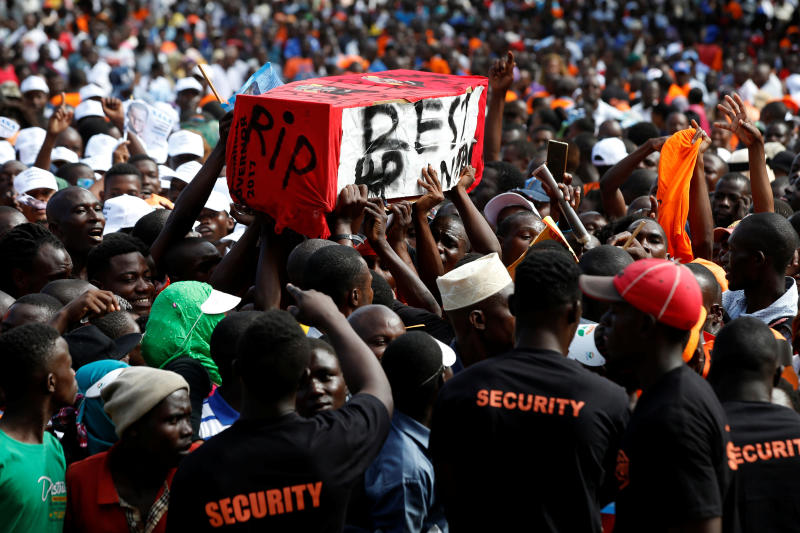
In Africa, the most volatile public sphere events, like in developed countries, are presidential campaign politics and elections. Kenya is not an exemption. Politics in Kenya a day keeps sanity away! Remember this country almost went to the dogs in 2007 following a heated contest between Raila Odinga and Mwai Kibaki.
In 2022, we are likely to see a face-off between William Ruto, the Deputy President, and ODM leader Raila Odinga. These are not new characters in Kenya's political script. In 2007, Raila and Ruto were heavyweights in ODM, with Raila being the presidential candidate and Ruto his strongest political hatchet man.